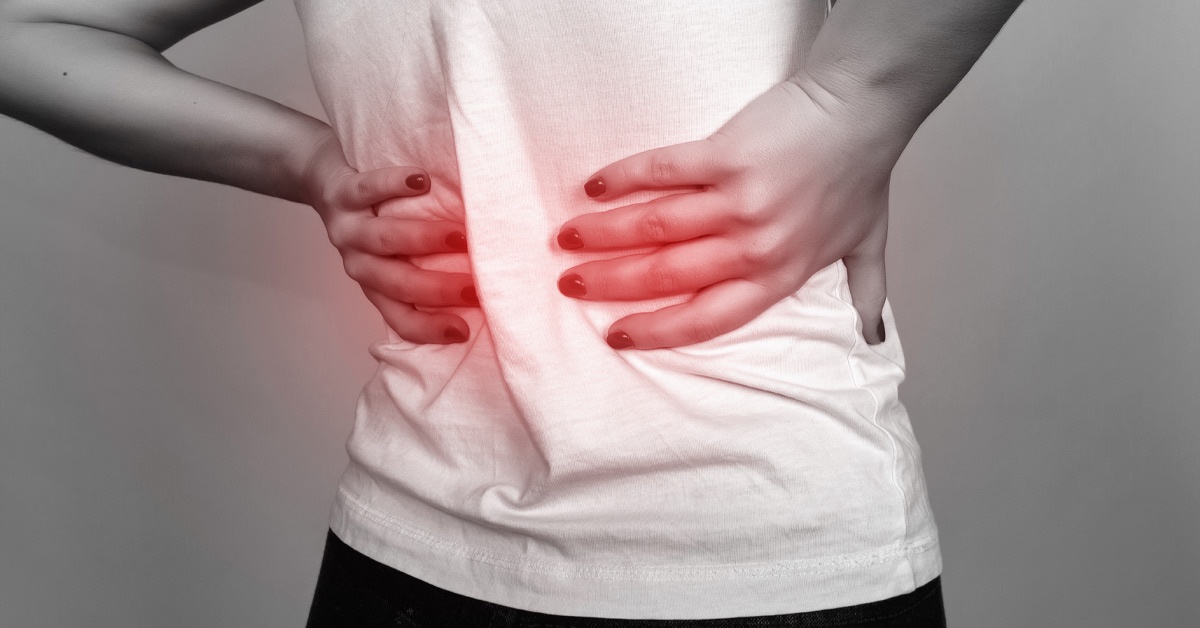A herniated disc is a serious condition that can lead to significant pain and mobility impairment. Understanding the main signs of a herniated disc can help you see a doctor promptly and prevent the condition from worsening. Let's look at nine key signs to look out for.
1. Neck and back pain
One of the most common signs of a herniated disc is neck and back pain. This pain can be acute, localized in a specific area of the spine, or diffuse, spreading to adjacent areas. The pain often worsens with movement, especially bending, turning, or lifting heavy objects. It may be accompanied by a feeling of numbness or tingling in adjacent areas of the body.
2. Weakness and loss of sensation
A herniated disc can put pressure on nerve endings, leading to loss of sensation and weakness in the adjacent areas. For example, if the protrusion is in the lumbar spine, it can lead to weakness in the legs and loss of sensation in the buttocks, legs, and feet. If it affects the cervical spine, you may experience weakness in the arms and fingers, as well as numbness in the shoulders and neck.
3. Changes in urination and bowel movements
If a herniated disc puts pressure on the spinal cord or its roots, it can cause bladder and bowel problems. Patients may experience difficulty urinating or defecating, a feeling of incomplete emptying of the bladder or bowels, and involuntary urination or bowel movements.
4. Weakened muscle tone and decreased strength in the spine
A herniated disc can lead to weakened muscle tone and decreased strength in the back and neck. This occurs due to disruption of normal muscle function caused by compression of the nerve roots or spinal cord. Patients may report a feeling of instability in the spine, difficulty performing daily tasks that require physical activity, and poor posture.
5. Symptoms worsen when coughing or sneezing
Another sign of a herniated disc is increased pain when coughing or sneezing. This occurs due to increased pressure within the spinal canal when performing these activities. Therefore, patients with a herniated disc may notice increased back or neck pain when they cough, sneeze, or strain.
6. Radicular pain
Radicular pain is a painful sensation that spreads along the nerve and is caused by its irritation or damage. With a herniated disc, radicular pain is often observed, which comes from the back or neck and spreads along the corresponding nerve. This pain may be a sharp sensation, numbness, or tingling along the nerve and is usually accompanied by loss of sensation and weakness in the affected areas of the body.
7. Feeling of discomfort and limitation of movements
A herniated disc can cause discomfort and limit normal movement. Patients may have difficulty turning, bending or lifting, or performing various physical activities. This can lead to a decrease in activity and quality of life, and can also contribute to the development of depression and anxiety.
8. Changes in sleep and rest
A herniated disc is often accompanied by changes in sleep and rest. Patients may have difficulty falling asleep due to pain or discomfort in the back or neck. In addition, painful sensations can awaken during sleep, which leads to disruption of its quality and duration. This can lead to chronic fatigue and deterioration in overall health.
9. Neurological and sensory disorders
In some cases, a herniated disc can cause serious neurological and sensory problems. This may include paralysis or partial loss of sensation in adjacent areas of the body, which requires immediate medical attention. Neurological symptoms usually result from severe pressure on the spinal cord or major nerves caused by compression from the hernia. So if you experience these symptoms, you can search for "neurologist near me" to evaluate your condition.
The bottom line
A herniated disc is a serious condition that can lead to significant limitations in normal life and a deterioration in quality of life. Understanding the main signs and symptoms of a herniated disc will help you seek qualified medical help in time and prevent the development of complications. Don't ignore your body's signals - timely consultation with a doctor can save you from serious consequences.


No comments yet